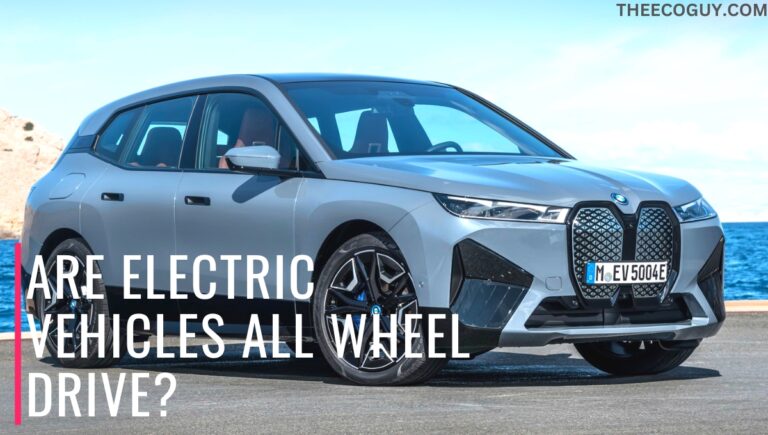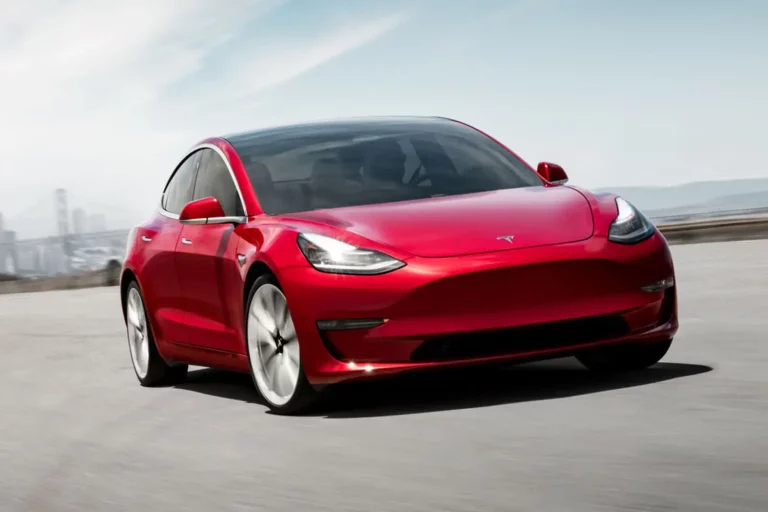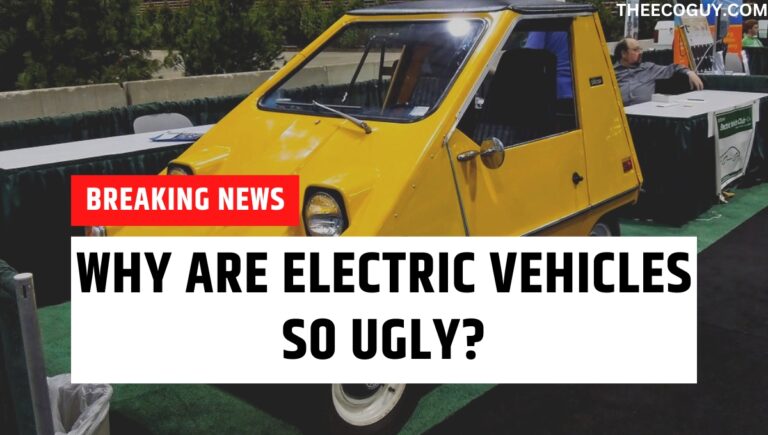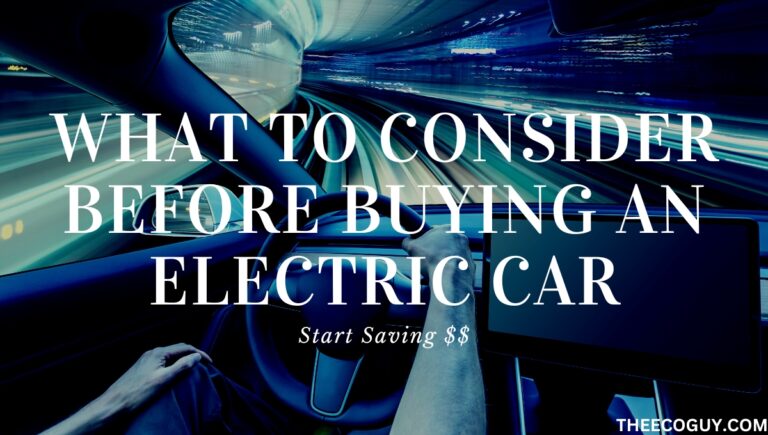Are Electric Vehicles Reliable? (Yes, and It’s Updated Constantly)

Are electric vehicles (EVs) as reliable as they’re touted to be? If you’ve been keeping an eye on the automotive world, you might have heard that EVs are giving traditional gas-powered cars a run for their money regarding reliability.
The truth is, EVs are indeed more reliable than their combustion engine counterparts, and this blog post aims to take a deep dive into the question that’s on everyone’s mind: just how reliable are these cutting-edge machines?
In this article, we’ll explore the reasons behind their impressive performance, the technology that makes it possible, and why you might want to consider making the switch to an EV for your next vehicle. So buckle up, and let’s get charged up as we delve into the electrifying world of electric cars!
How Do EVs Compare to Gas Cars in Terms of Reliability?
When it comes to reliability, EVs have the edge over gas-powered cars. This is mainly because electric cars don’t contain any moving parts found in onboard combustion engines. This means EVs are less prone to breakdowns and mechanical issues that can occur when these parts wear out or become damaged. Additionally, EVs’ lack of oil and filters keeps maintenance costs low.
To answer this question, we will look at both types of vehicles and compare their performance in terms of reliability.
Gas Cars:
- Require regular maintenance such as oil changes and tune-ups
- Can be prone to breakdowns due to engine wear and tear over time
- Parts can be expensive if repairs are necessary
EVs:
- They have fewer moving parts than a combustion engine, so there is less that can break down
- Maintenance requirements are minimal since most components don’t need regular servicing
- Batteries tend to last longer than expected with proper care
Is Maintaining EVs More Cost-Effective?
Yes! EV maintenance is typically more cost-effective than that of gas cars. This is because EVs have fewer parts than combustion engine vehicles, which means fewer parts need to be replaced or serviced over time. Additionally, many EVs come with a warranty that covers specific components for up to 8 years or 100,000 miles – further reducing maintenance costs.

Maintenance Requirements for EVs vs. Gas Cars
Maintenance requirements for an EV are more accessible and cheaper than for gas cars. Let’s take a look at the differences.
Gas Cars:
- Require regular oil changes, tune-ups, and other engine maintenance
- Parts can be expensive if repairs are necessary
- Regular tire rotation and brake checks will help ensure optimal performance
EVs:
- Require minimal maintenance, with most parts not needing regular servicing
- The battery is usually covered by a warranty for up to 8 years and 100,000 miles
- Software updates are often required to keep the vehicle running optimally
- Regular tire rotation and brake checks will help ensure optimal performance
Do EVs Have More Electrical Issues?
Modern cars have more electronics and technology, but does that mean EVs have more issues? Not necessarily. EVs have fewer moving parts than combustion engine cars, so electrical problems are less likely to arise. Additionally, modern EV batteries are designed to last many years with proper care, meaning fewer battery-related issues.
Finally, newer EVs come equipped with software updates to improve performance and fix any existing bugs or glitches on the vehicle.

Is Tesla’s Reliability as Questionable as Some ‘Experts’ Suggest?
Tesla vehicles are incredibly reliable compared to other EVs on the market.
They are so reliable that Consumer Reports recently rated them among the top 10 most reliable cars. Additionally, Tesla was ranked as the leading car brand for reliability by JD Power in 2020. This data suggests that Tesla’s reliability is not questionable but is among the highest on the market.
Most industry “experts” complaints about Tesla’s reliability were almost always fixed through over-the-air software updates, further proving their reliability and technological superiority over competitors.
Final Thoughts
Now that you know EVs are reliable, why should you consider an EV?
The most obvious answer is that EVs are better for the environment. But another great reason to consider an EV is its performance and reliability. With fewer moving parts, EVs are less prone to mechanical breakdowns than gas cars.
Maintenance costs are usually lower because of reduced servicing for most components. Lastly, with proper care, modern EV batteries tend to last longer than expected, meaning fewer battery-related issues.







